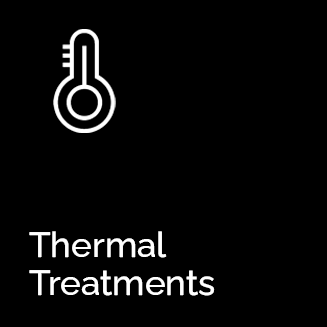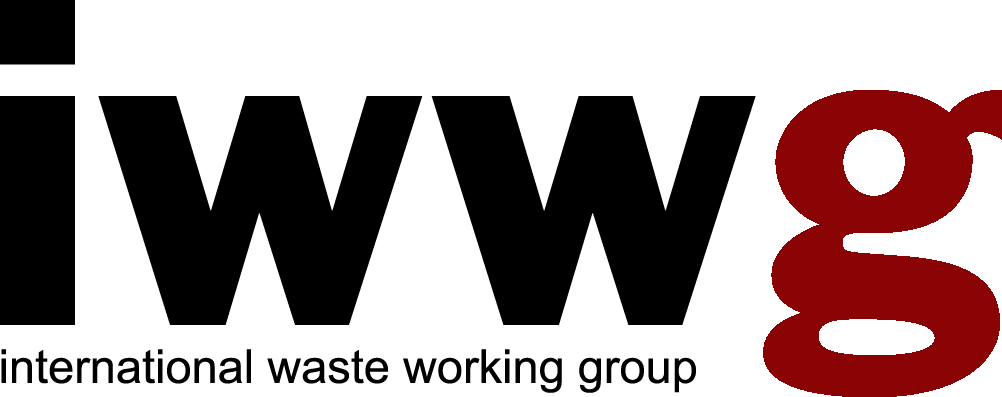
Task Group Leaders:
Lidia Lombardi, Italy
lidia.lombardi@unicusano.it
Contacts:
Università degli Studi Niccolò Cusano Telematica Roma, Via Don Carlo Gnocchi 3, 00166 Roma, Italy
email: lidia.lombardi@unicusano.it
Background & Scope
In the last decades, the management of solid wastes greatly changed, shifting from oversimplified procedures, such as collection of unsorted wastes and their disposal in landfills, to integrated and sustainable systems, characterized by an adequate balance between waste reduction practices, material recycling techniques, biological and thermal processes for energy recovery, and engineered landfill disposal. A modern and sustainable waste management should be defined and developed with the main aim of minimizing the use of landfills, as it is imposed by the continuously reducing space for locating sanitary landfills worldwide. Moreover, it should maximize the recovery of materials, but avoiding operations that entail excessive consumption of raw materials and energy without yielding a real overall environmental advantage. Finally, a modern integrated solid waste management system should maximize resource recovery, given that, in a life-cycle approach, energy or fuel/chemicals recovery from waste allows decreasing consumption of fossil fuels and overall emissions from all current conversion systems.
The waste management systems that are operating sustainably worldwide follow all of these criteria and demonstrate that no one process is suitable for all waste streams, and no single waste management practice (i.e. landfilling, recycling, biochemical or thermochemical conversion) can handle the full array of waste types. In particular, they confirm that thermochemical treatment of unsorted residual waste (i.e., the waste left downstream of separate collection that cannot be environmentally and economically conveniently recycled) is an essential component of any sustainable integrated municipal solid waste management system. It can play a number of important roles in an integrated waste management system, since proper handling can:
- reduce the amount of waste, therefore preserving landfill space;
- increase the sustainable utilization of energy from the solid waste stream;
- allow for the recovery of minerals and chemicals from the solid waste stream which can then be reused or recycled;
- destroy a number of contaminants that may be present in the waste stream;
- reduce greenhouse gas emissions from anaerobic decomposition of the organic wastes
Aims & Objectives
- Communicating properly and to a large part of the population about process, technological and environmental aspects of the main thermal treatments able to produce energy from wastes efficiently.
- Comparing the different processes (combustion, gasification, pyrolysis) and technologies of these treatments, for different plant sizes and for different waste types.
- Promoting the exchange and the collaboration within the scientific community and with the industry.
- Acting as platform for facilitating information and proposal exchange.
Members and Membership
The Task Group, led by Professors Umberto Arena and Lidia Lombardi, includes members from several counties in the world, creating an international forum of researchers.
- Umberto Arena, University of Campania “Luigi Vanvitelli” (IT)
- Dezhen Chen, Tongji University (CN)
- Christophe Cord’homme (F)
- Gaston Hoffman, Technical University of Dresden (DE)
- Avraam Karagiannidis, Aristotle University Thessaloniki (GR)
- Francesco Lombardi, University of Rome Tor Vergata (IT)
- Lidia Lombardi, University Cusano (I)
- Toshihiko Matsuto, Hokkaido University (JP)
- Michael Nelles, University of Rostock (DE)
- Francesco Parrillo, University of Campania “Luigi Vanvitelli” (IT)
- Marco Ragazzi, University of Trento (IT)
- Andrea Schüch, University of Rostock (DE)
- Rainer Stegmann, IWWG (DE)
- J.Y. Wang, Epu (SG)
- Joachim Werther, Technical University of Hamburg-Harbur (DE)
- Andreas Wohlleben, Martin Gmbh (DE)
Structure and operation mode
Meetings are held at least once a year either during the Sardinia Symposium or the Venice Symposium. These events serve as the main meeting platforms. Additional meetings are held when needed involving only some of the TG members.
Ongoing and future activities
Editing an up-coming Special Issue of Waste Management on: Waste-to-Resources: the new frontier of thermochemical conversion and recycling.
Guest editors: Professors M. Materazzi, L. Lombardi, M. Castaldi, F. Berruti (IT)
The VSI aims at individuating the future challenges of thermo-chemical conversion and recycling in waste management practices.
Submission deadline: 31 August 2024
The Thermal Treatment TG has already promoted several activities and initiatives during more than ten years, as:
- Focus Session at Venice 2022 9th International Symposium on Energy from Biomass and Waste, Venice (IT), 21-23 November 2022: ROLE OF THERMAL TREATMENT IN CIRCULAR ECONOMY. Moderator: U. Arena (IT) – Panelists: C. Cord’Homme (FR), M. Castaldi (US), L. Lombardi (IT), M. Materazzi (UK), D. Chen (CN).
- IWWG Task Group Thermal Treatment in collaboration with we THINK produced the “Waste Circularity Podcast No. 1: Thermal Treatments for Municipal Solid Waste”.
- Waste-to-Energy: experiences, projects, and expectations in the new markets – Workshop at Venice 2016 Symposium
- Energy recovery from waste: technologies and experiences, October 2015. Conference organized by Solvay and hosted by Niccolò Cusano University
- Special Thematic Issue: Waste-to-Energy Processes and Technologies, Waste Management (Volume 37, March 2015)
- Special Thematic Issue: Solid Waste Gasification, Waste Management (Volume 32, April 2012)
- Special Thematic Issue: Thermal Treatment of Solid Waste, Waste Management (Volume 30, July 2010)
The next regular meeting of the Thermal Treatment Task Group will take place during the Venice Symposium 2024.


